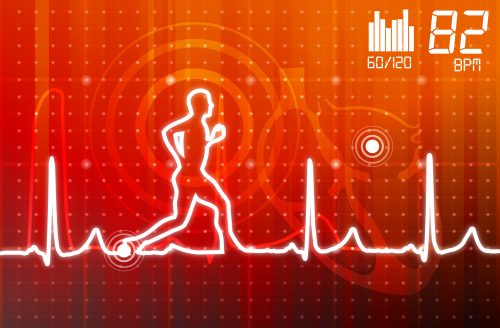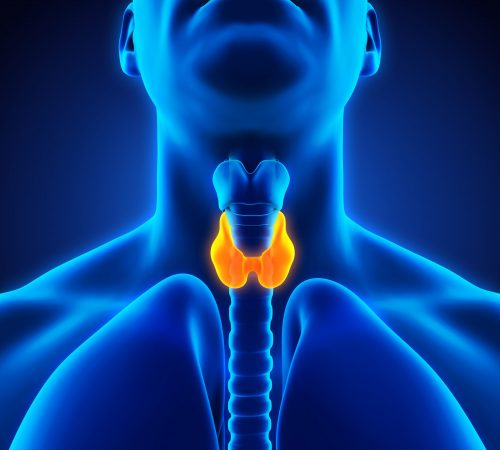TRT & Blood Pressure

Hopefully we are all aware of the importance of having normal blood pressure – to prevent strokes, heart attacks, renal disease etc. It’s a silent killer, you only know you have it as a consequence of one of its complications. As with most things, prevention is key, there’s no point bolting the door after the horse has left the stable. Alongside optimising testosterone, blood pressure should be high up there on your list of health priorities, ignore it at your peril.
Should you panic about an elevated blood pressure reading? No! Solitary blood pressure readings are next to useless in diagnosing hypertension. Blood pressure fluctuates throughout the day, there is natural diurnal variation, much like testosterone. However the relationship is inverse, blood pressure is typically lowest during periods of rest when anabolic processes occur as with your testosterone and, conversely, highest during periods of wakefulness and stress, catabolism.
Your blood pressure, at any given moment is determined by a large number of neurophysiological processes that are also under hormonal control. It isn’t uncommon for guys to come in and have their blood pressure taken and the reading be high, yet they don’t have hypertension. Often, before guys have seen me, they have already fought a few battles, not only with low testosterone and the unknown, they’ve also had to battle with the NHS, with their GP, with their Endocrinologist, the list goes on. They’ve finally found someone who will listen, someone who will help, it’s hardly surprising their blood pressure is high! This is hopefully an important step in regaining control, a step towards testosterone optimisation and improved health. I should probably do their blood pressure at the end of the consultation, however the stress has often been replaced by eagerness and anticipation.
I always take a solitary blood pressure reading with a pinch of salt. A normal reading is obviously reassuring and requires no further action. An abnormal reading requires delving a little further into the patients history, eliminating any pathological causes and sequel. If the patient is young and otherwise fit and healthy, it isn’t unreasonable to give lifestyle advice and simply review the patient again at a later date, as long as they don’t have any other significant risk factors for cardiovascular disease.
It’s important to monitor blood pressure on guys receiving Testosterone Replacement Therapy (TRT). TRT is anabolic, it stimulates erythropoiesis, the bone marrow produces more red blood cells. Great if you are Lance Armstrong wanting to temporarily increase your ability to send oxygenated blood to your muscles, not so helpful when that thick blood causes a clot and you have a heart attack or a stroke.
A raised haematocrit will most likely raise your blood pressure(1). It makes perfect sense, you need more force to push oil through a hose than water because of its higher viscosity. An elevated haematocrit is an independent risk factor for a stroke, it appears to act synergistically with elevated blood pressure(2). It is therefore doubly important for you guys to make sure that both are within normal parameters. According to the British Hypertension Society, you should be aiming for <140/90.
The National Institute for Clinical Excellence (NICE) suggests that Ambulatory Blood Pressure Monitoring (ABPM) as the most accurate method for confirming a diagnosis of hypertension(3). This involves wearing a cuff mechanism that contracts around the arm at periodic intervals over a 24-hour period. Unfortunately this can often cause user discomfort and affect their sleep. At The Men’s Health Clinic we use the BPro Radial Pulse Wave Acquisition Device. It’s non-disruptive, non-inflating technology measures the pulse from the radial artery on the wrist. This aids patient compliance and allows for a true reflection of your natural blood pressure. That way, we can make an accurate diagnosis and treat you accordingly. See here for further information.
Dr Robert Stevens MBChB MRCGP Dip.FIPT


